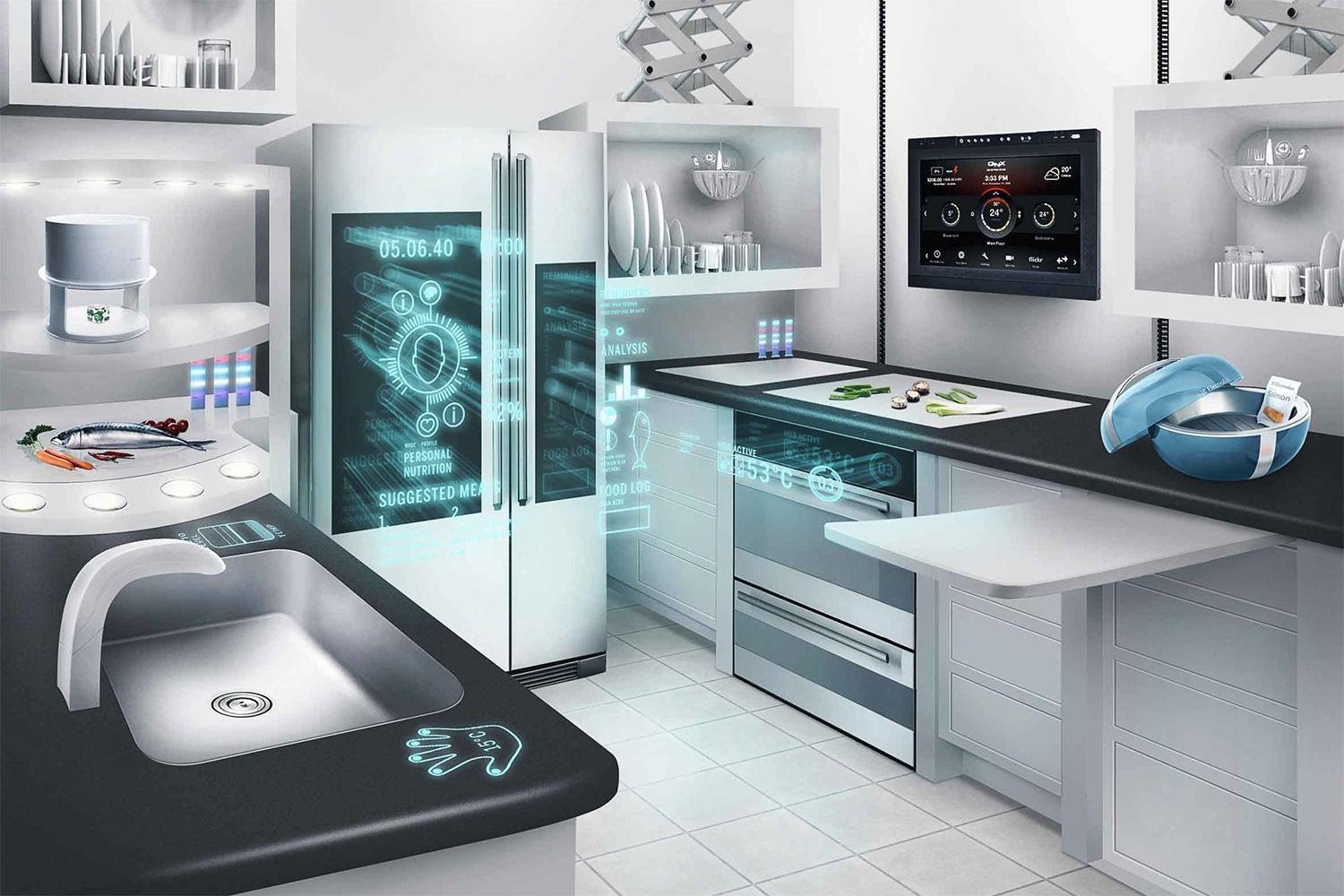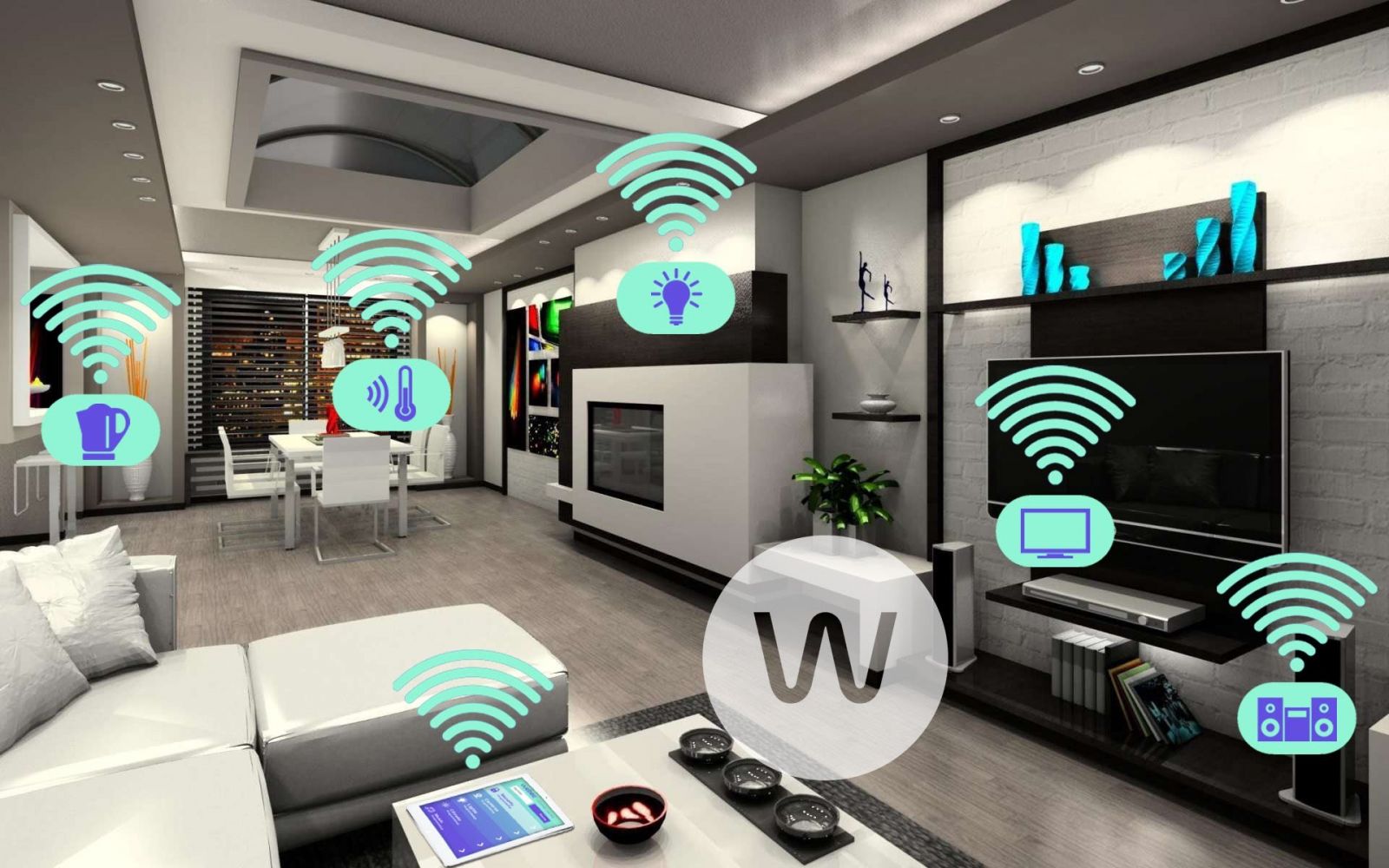
Smart home technology has lately penetrated into Vietnam real estate market.
A smart home is a house with a communication network of multiple home appliances that provides its owners comfort, security, energy and cost efficiency and convenience at all times, regardless of whether anyone is home. Automatically turning on and off lights with motion sensors or remote room temperature control is just one of the few things that a smart apartment is capable of. Building on the Internet of Things' (IoT) concept – where a home's devices "talk" to each other – smart apartments are springing up as developers begin to recognize the opportunities for new-build properties.
Smart home controls have the potential to improve the user experience and save time, money, and energy. There will come a tipping point, when people realize the benefits smart home devices can bring to their homes and daily lives. For many people, the prospect of saving time and money will overcome any reticence about having new technology in the home.
Why the smart home trend is thriving in Asia and has lately penetrated into Vietnam can be explained by a few factors: rapid urbanization and the boom of megacities. Moreover, the trend has been accelerated by the technological sophistication of these consumers. Vietnam leads the world in the growth of smartphone traffic. The rise of millennials and their growing tech-savviness will boost user preference for technology.
Millennials, who tend to be early adopters of new technology, are also the most likely demographic to be interested in smart apartments. Other markets, such seniors who live alone, could also find uses for smart technology to improve their lives, such as a smart stove alarm or a medication reminder and daily to-do list.
Space constraints, as more people move to cities and live in smaller homes, could further boost the smart home sector. Vietnam is one of the largest emerging markets, where residents easily adopt new technology. This will result in a wider pool of users with diversified needs and where technology comes in handy.
Smart home technology in Vietnam is still in its infancy. JLL has recorded five projects launched that applied smart home tech in their apartment products. Most were new developments or still under construction, to name a few that has been soft launched: Alpha City Apartment and Centennial of Alpha King Real Estate Development JSC, D-Vela of Dreamhouse…
JLL said while there is only a very small number of smart apartments being built at present, it is a good way for smaller or newer developers to compete. Developers in Vietnam must put more effort into making smart apartment truly smart, not just use it as a marketing buzzword.

Developers in Vietnam are advised to put more effort into making smart apartment truly smart.
Stephen Wyatt, Country Head of JLL Vietnam comments: "As the concept of smart homes becomes more widespread, rising interest could encourage more mainstream developers to incorporate smart technology in their new build projects. Although the demand is there, there is one big obstacle to developing smart apartments: the cost. Before smart home use becomes mainstream, we believes that the high-end of the market will be where smart home tech grows out from. Small apartments targeted to young families will be another trend in the new supply of smart homes."
The growth in the smart home sector could be conveniently aligned with residential developers, who typically keep a firm focus on the medium term, he added.
Buyers put smart technology fairly high on their list of wants. Installing smart home tech results in a higher price tag for the property, which mostly limits the target market to the high-end segment. It also requires a large amount of homes be built using modern methods of construction, and then smart home tech will be easier to embed.
More support from the government is much needed to foster the start-up culture, making it easier for companies to enter the smart tech market. As more competition enters the market, price will decrease and smart home will become more accessible. In the future, for homes to get truly smart there is a need for wider and better-quality network connectivity in Vietnam.
While there is only a very small number of smart apartments being built at present, it is a good way for smaller or newer developers to compete. Developers in Vietnam must put more effort into making smart apartment truly smart, not just use it as a marketing buzzword. They must adapt and catch up with new trends so not to be left behind by other markets in the region, JLL concluded.


















